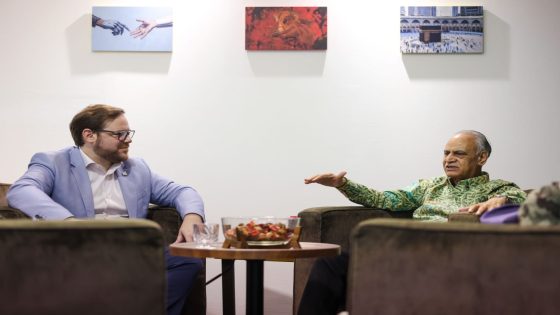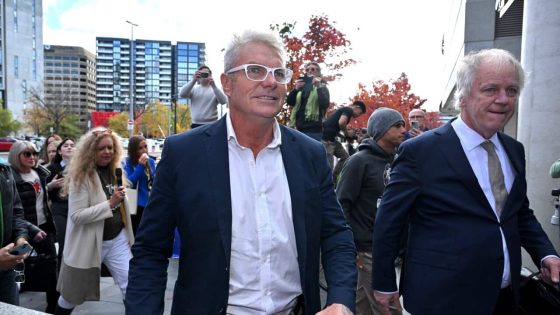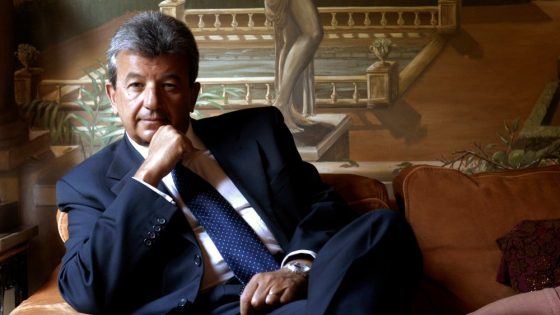KUALA LUMPUR: The values of the Madani concept can serve as a compass to navigate the uncertainties and ignorance that inevitably emerge in a post-normal world of complexity, chaos, and contradictions, says internationally renowned scholar Prof Ziauddin Sardar.
The director of the Centre for Post-normal Policy and Future Studies (CPPFS) said Madani is a vision of a civic society deeply ingrained in six values – sustainability, care and compassion, respect, innovation, prosperity and trust – also known as “Sript”.
“You have to be aware of the complexity, contradictions and chaos that exists around us in a globalised world, the only way you can navigate that is through your own values.
“And that’s where Madani comes in…Madani is simply a vision for a better Malaysia based on these six values,” said the British-Pakistani scholar in an interview at the Post-Normal Times Madani Exhibition at Berjaya Times Square here.
The exhibition, which runs for over six months from May 26 until Nov 10, is organised by the CPPFS in collaboration with the International Institute of Islamic Thought, East and Southeast Asia, International Islamic University Malaysia (IIUM).
Entry to the exhibition is free, aligning with its goal to raise awareness about the post-normal era experienced by the people and how Prime Minister Datuk Seri Anwar Ibrahim seeks to combine his political experience and determination for reform, incorporating insights from postnormal theory and future studies.
The exhibition, curated by Ziauddin and CPPFS executive assistant director C. Scott Jordan, features works by six local artists highlighting the six main pillars of the Madani concept.
Explaining the concept of “post-normal times”, Ziauddin said it describes the rapidly changing nature of the world, where today’s society is living in a period in which the old ways of thinking and the established frameworks for understanding the world are no longer sufficient.
“It’s not just things that are changing as we point out in this exhibition, the change itself is changing, and you become aware of the fact that the world is full of contradictions, it’s a complex interconnected world.
“Therefore, you know that there are no simple solutions and whatever you want to do in Malaysia cannot be separated or isolated from what is happening around the world at the same time,” he said, adding that a lot of things that were taken as conventional, principle or normal have evaporated.
Ziauddin cited the changing conventional power structures as an example, noting that the United States is no longer considered the supreme power due to the increasing influence of other countries such as China, India, Turkiye, and Brazil.
“What we assumed was normal does not apply anymore. We assumed that capitalism is the normal way of doing things but now capitalism is collapsing. It is causing inequality, the rich get richer faster, the poor get poorer faster,” he added.
Meanwhile, Jordan said Malaysia is the epitome of a post-normal country, owing to its rich diversity and cultures, where democracy intertwines Malay and Islamic ideologies with the perspectives of Chinese, Indian, Orang Asli and other ethnic groups in Sabah and Sarawak.
“The experiment of democracy in Malaysia is one of the most incredible ones you’ll see around the world and because of that, there’s been a kind of a ripe ground for when post-normal times came about,” he said.
Jordan said the exhibition aims to enlighten Malaysians about the evolving present, offering insights into future potentials and guiding society in plotting a course towards preferred futures.
The first post-normal times exhibition took place in Kuala Lumpur in October 2023 and CPPFS intends to expand its reach to Penang and Sabah in the future. – Bernama
Source Agencies




